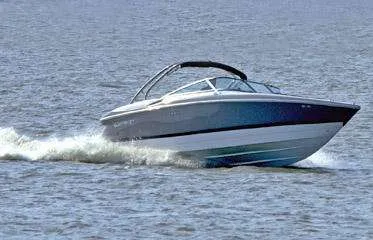Governor Sam Brownback visited the Kansas Wetlands Education Center (KWEC) at Cheyenne Bottoms Wildlife Area on Monday, October 19, 2015. Kansas Department of Wildlife, Parks and Tourism (KDWPT) Secretary Robin Jennison introduced Gov. Brownback, who joined local city and county government officials, media representatives, and local legislators, to tour the center and discuss the importance of educating visitors about the value of wetlands and raising awareness of Cheyenne Bottoms.
Located four miles north of Great Bend in Barton County, Cheyenne Bottoms is the largest inland wetland in the U.S. and is a critical stopover for many migrating waterfowl and shorebird species. In addition to hundreds of thousands of waterbirds, this 19,000-acre wildlife area, operated by KDWPT, attracts more than 60,000 hunters and bird watchers annually from across the U.S. The Nature Conservancy manages 8,000 acres of wetlands adjacent the state wildlife area. The KWEC, which is owned and operated by Fort Hays State University, provides visitors a window to the wetland, literally. The center is surrounded by marsh and inside, visitors can learn interactively about the ecosystem’s history, biology and the value of wetlands in general. University and KDWPT staff have offices at the center.
“This is a fantastic facility,” Gov. Brownback said about the education center as he addressed Monday evening’s guests. “It’s important that visitors, especially our youth, learn about the role of wetlands and the story of Cheyenne Bottoms.”
After discussing the area’s value as a natural resource and local tourism attraction, Gov. Brownback listened to comments about how the area could be promoted and how it could be improved. It was pointed out that many Kansas residents fail to realize or may take for granted the fantastic natural resources Kansas has to offer.
On Tuesday morning, October 20, Gov. Brownback spent several hours on the wildlife area, observing waterfowl and shorebirds as they fed and rested on the area’s shallow pools and mudflats. Accompanying KWEC and KDWPT staff explained management efforts and challenges, and provided expert advice on shorebird identification.
“This has been a great morning,” Gov. Brownback said as the area tour concluded. “I appreciate what the people here are doing to maintain this area and ensure it’s here for future generations.”




